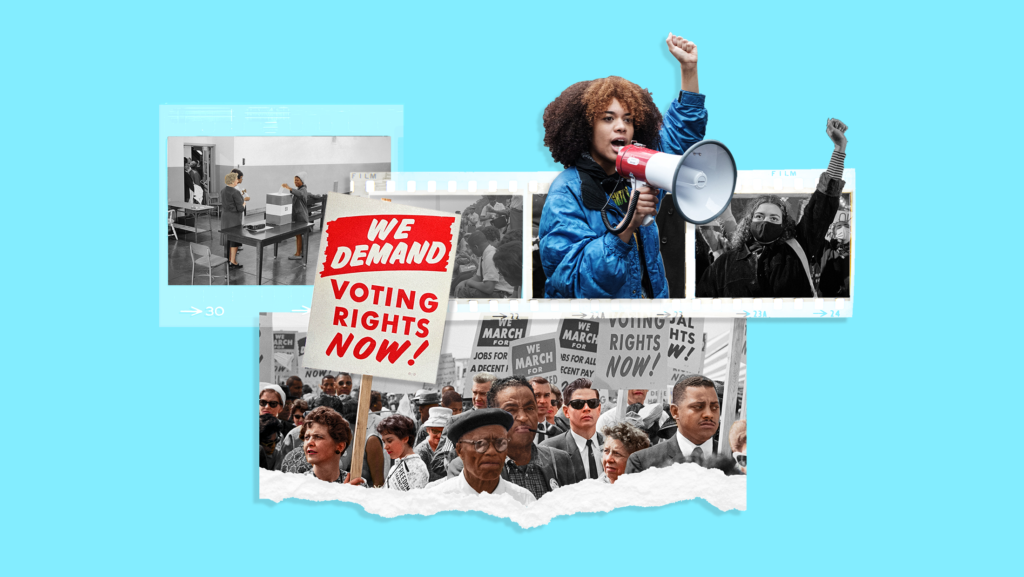
Engaging voters and motivating them to take action is crucial for bringing about positive change in society. However, voter apathy poses a significant challenge in many democracies around the world. This article explores strategies to move individuals from a state of apathy to active participation in the democratic process, ultimately empowering them to mobilize for change.
Understanding Apathy
Voter apathy refers to a lack of interest, enthusiasm, or concern about participating in the electoral process. It can stem from various factors, including:
- Perceived lack of efficacy – feeling that one's vote does not make a difference
- Disillusionment with the political system
- Feeling disconnected from political issues
- Belief that all politicians are the same
Motivating Factors
While apathy may be prevalent, there are ways to motivate voters to engage in the electoral process and advocate for change. Some key motivating factors include:
- Hope for a better future – belief that change is possible through collective action
- Perceived stakes – understanding the impact of political decisions on one's life
- Sense of community – feeling connected to a larger group with shared goals
- Inspiration from role models and activists
Strategies for Mobilization
To overcome apathy and mobilize voters for change, it is essential to employ effective strategies that resonate with individuals and inspire them to take action. Some strategies include:
Educational Campaigns
- Provide clear information about the electoral process and its impact
- Highlight the importance of civic participation and voting rights
- Debunk myths and misinformation surrounding elections
Community Engagement
- Organize voter registration drives in local communities
- Host town hall meetings and forums to discuss pressing issues
- Foster collaboration among community groups and organizations
Use of Technology
- Utilize social media platforms to reach a wider audience
- Develop interactive tools for voter education and engagement
- Implement online voting options to increase accessibility
Celebrity Endorsements
- Partner with influential figures to promote civic engagement
- Highlight endorsements from celebrities and public figures
- Engage popular personalities to rally support for specific causes
Overcoming Barriers
In addition to implementing strategies for mobilization, addressing barriers to voter participation is crucial for promoting engagement and facilitating change. Some common barriers include:
- Voter suppression tactics
- Lack of access to polling stations
- Disenfranchisement of marginalized communities
- Complex registration processes
Conclusion
Shifting individuals from apathy to action requires a multi-faceted approach that addresses underlying causes of disengagement and empowers voters to make their voices heard. By leveraging motivating factors, implementing effective mobilization strategies, and overcoming barriers to participation, we can create a more inclusive and responsive democratic system that fosters positive change for all.